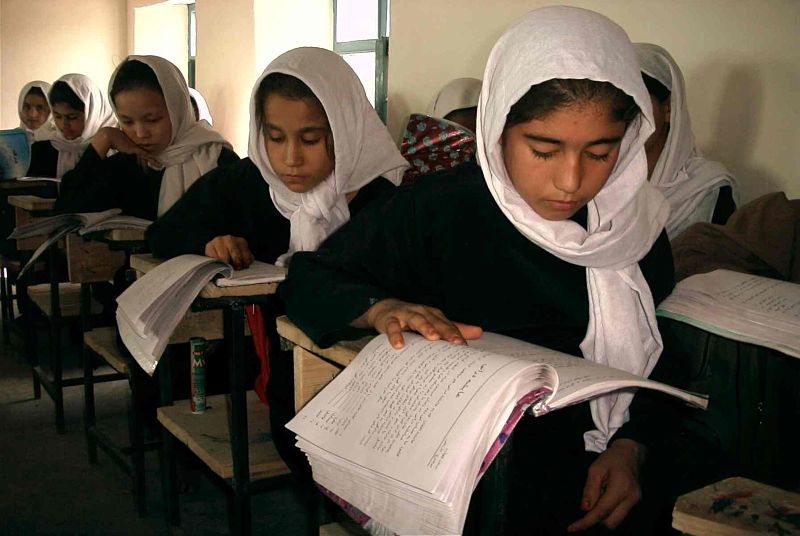5 Facts About the Afghan Women’s Writing Project

Writing in Afghanistan has typically been a taboo craft for women. Especially under the influence of the Taliban, women and girls were not able to go to school or learn to read and write safely. The Afghan Women’s Writing Project is an innovative writing program for empowering female voices in Afghanistan.
Founded in May 2009, the project gives Afghan women a way to publish their writing directly onto the internet. Although the Writing Project’s existence can only spread by word-of-mouth for security reasons, it has empowered more than 100 women in Afghanistan. Here are five facts about the project.
5 Facts About the Afghan Women’s Writing Project
- Marsha Hamilton is the founder of the Afghan Women’s Writing Project. Hamilton started the program after viewing the execution of a woman named Zarmina by the Taliban. Zarmina allegedly killed her husband, but Marsha Hamilton felt that Zarmina did not have the chance to tell her side of the story before her brutal execution. Hamilton also witnessed how women publish their writings. In Afghanistan, women usually publish their work through the men in their family or the media. This prevents some women’s voices from being heard due to the possible censorship that may occur through these channels. Zarmina’s execution and the less-than-ideal way of publishing led Hamilton to decide to create an online platform that allows women to publish their writings.
-
The Afghan Women’s Writing Project uses Dari and English writing workshops to help educate women. The project collaborates with Afghan-based agencies to provide Dari and English writing workshops. These workshops teach women different techniques and skills to further their writing. Additionally, the program conducts “Reading Salons” every month. These meetings take place in secret locations in Kabul and Heart to avoid retribution from various groups in Afghanistan or writers’ own families. During the reading salons, women are able to read their work and talk about their writing experiences in an encouraging space.
-
In 2018, Afghanistan reported that only 10% of the population had access to the internet. Due to the lack of reliable internet and computer access, the Afghan Women’s Writing Project provides many members with laptops and internet access. This enables every woman in Afghanistan, regardless of status, to participate in the program. According to the website, it costs about $2,500 to provide each woman with a laptop, internet, workshops and books. This amazing opportunity is funded by small contributions as well as fundraising initiatives by volunteers and readers.
-
Writing has long been a form of expression and empowerment. Through the work of the Afghan Women’s Writing Project, Afghan women are changing themselves and the world around them. The project website claims, “In telling their own stories, we’ve seen these women gather strength, courage, and self-confidence. They become empowered to make change within their homes, their communities, and eventually their country. They also gain computer literacy and skills of language and critical thinking, which increases their job-related skills.” The skills and empowerment that women gain from this program help them empower themselves and others, as well as change the way people around the world see Afghanistan.
-
The Afghan Women’s Writing Project is currently working on an “oral stories component.” This project will allow disabled or illiterate women to share their stories as well. Human Rights Watch reports there are about 3.5 million children out of school and 85% of them are girls. Additionally, with about 2.7% of the population disabled, there are not many programs in place to help them succeed. Disabilities are often stigmatized in Afghanistan as “punishments from God” and it is difficult to find work. These women are often marginalized by their community. The Writing Project hopes to empower them to share their experiences and triumphs despite the obstacles they may face.
Women across Afghanistan continue to step up and speak their mind through the few means available to them. The Afghan Women’s Writing Project is working hard to give women’s voices a platform in Afghanistan.
– Ashleigh Litcofsky
Photo: Wikimedia
